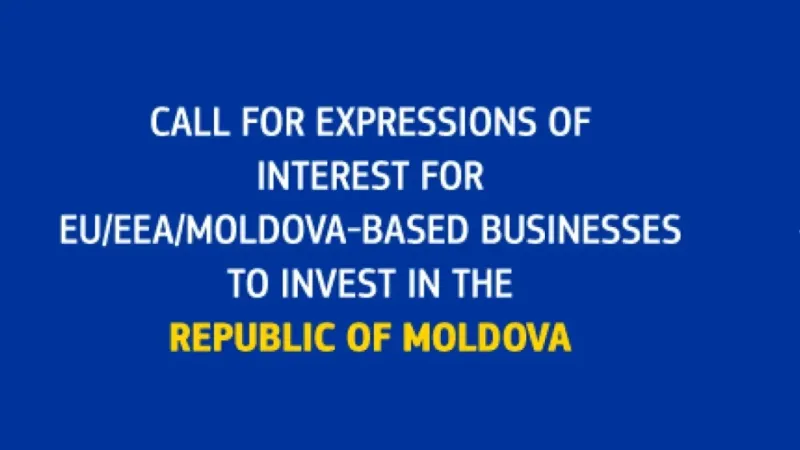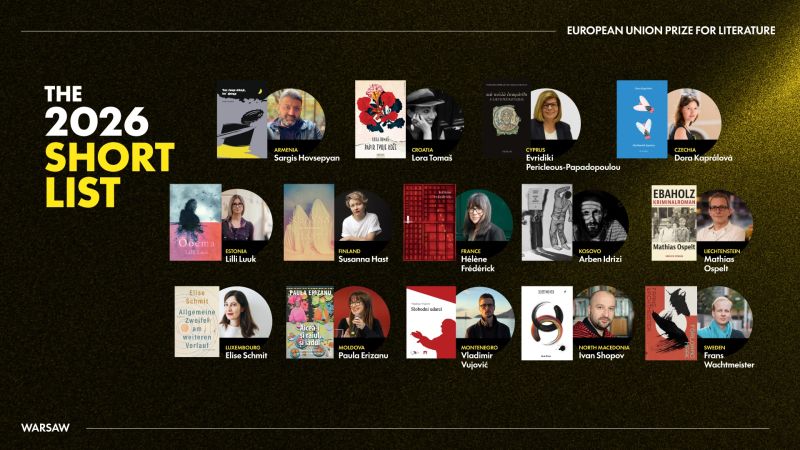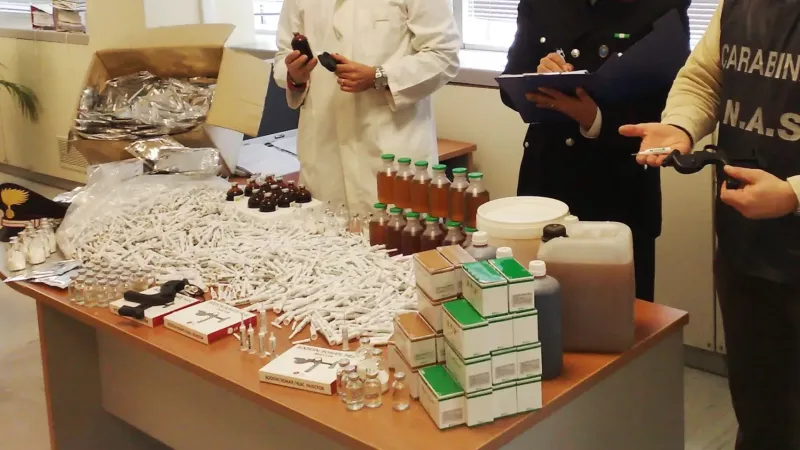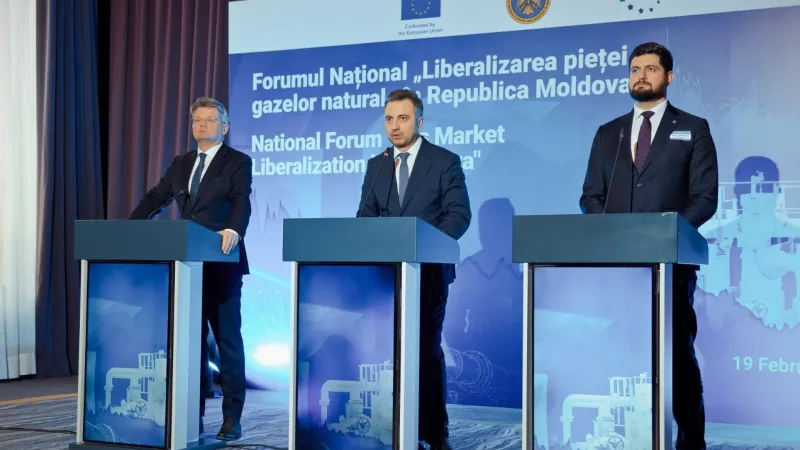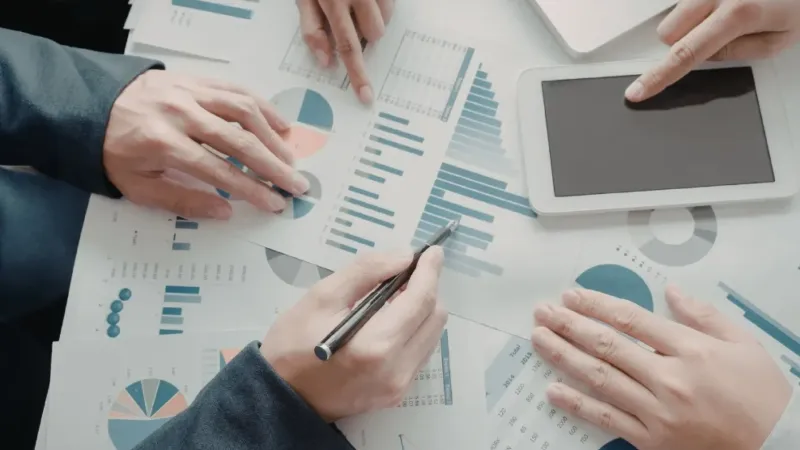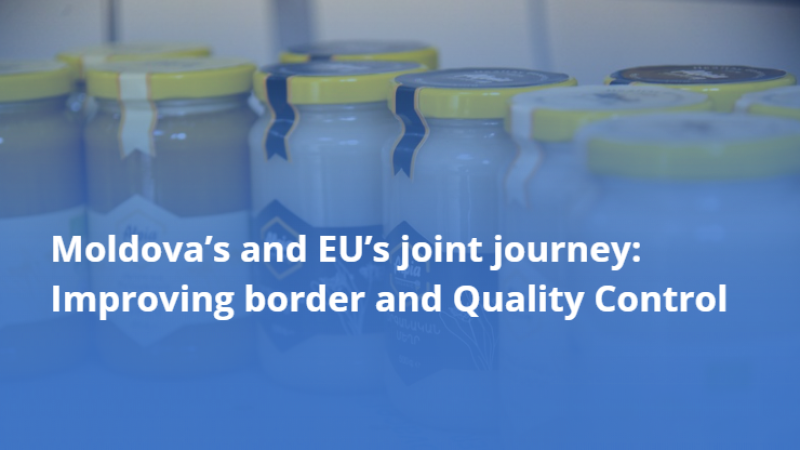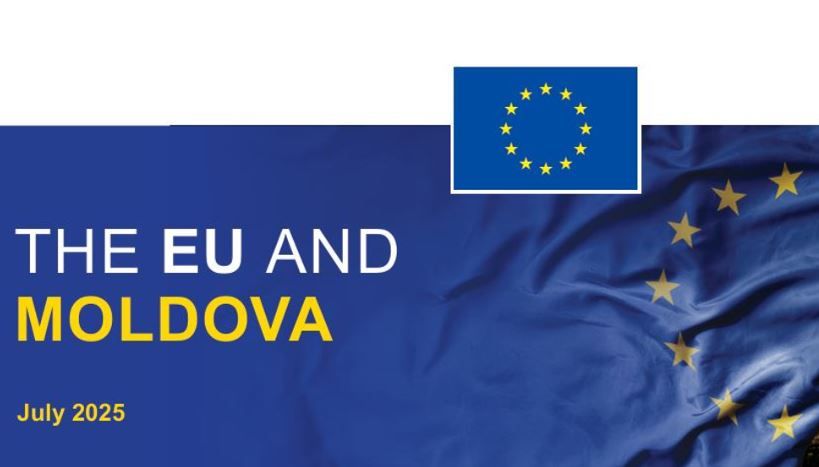
The EU and Moldova: How the Partnership has Evolved up to July 2025
Moldova has been an EU candidate country since 2022. Here’s how the country’s path toward EU accession has progressed so far:
JULY 2016 – The Association Agreement and DCFTA (Deep and Comprehensive Free Trade Area) enter into force
MARCH 2022 – Moldova submits its application for EU membership
JUNE 2022 – The European Commission recommends granting candidate status
JUNE 2022 – The European Council grants candidate status
NOVEMBER 2023 – The Commission recommends opening accession negotiations
JUNE 2024 – The first intergovernmental conference to open accession negotiations takes place. The screening process begins
JANUARY 2025 – The Commission submits the first screening report to the Council for the Fundamentals Cluster
EU Growth Plan for Moldova
In October 2024, the Commission proposed a Growth Plan for the Republic of Moldova, worth €1.9 billion and underpinned by a Reform and Growth Facility for the period 2025-2027. It is the largest ever stand-alone EU financial support package for the country.
The Plan will boost Moldova’s economy, accelerate reforms and will benefit Moldovans directly. The Growth Plan has the potential to double the country’s economy over the next decade. It will enable better roads, energy security infrastructures, modernised schools, new hospitals, tangible support for small businesses, and the protection of Moldova’s cultural heritage, among others. Supporting the country’s socio-economic convergence is essential for Moldova’s EU accession.
The EU is the largest provider of financial and technical assistance to Moldova. EU programmes and financing instruments support Moldova’s economic development and accession process.
Ongoing EU support to Moldova
In 2021-2025, the EU has allocated over EUR 1.2 billion in grants to Moldova.
This includes:
• Direct budget support towards Moldova’s energy security and clean energy transition and to help Moldova’s consumers – 1.2 million households – cope with rising electricity bills. Over 700,000 households also received subsidies to help pay their heating bills following a surge in energy prices triggered by Russia.
• Support for reforms in the justice sector to protect judicial independence and to improve efficiency.
• Support for Moldova’s transition to a low-emission and resource-efficient economy.
Global Gateway. The EU’s Global Gateway supports investments and mobilises the private sector and international financing institutions, towards more resilient economies. It delivers concrete benefits for people in areas such as transport, energy, environment and climate, water and sanitation and digital development.
Since 2021, the EU has mobilised EUR 1.7 billion for projects in Moldova, together with international financial institutions.
Already ongoing investments include:
• Providing energy efficiency improvements to healthcare and education institutions across the country, including improvements of heating systems and installation of photovoltaic systems.
• Rehabilitating the Valcinet-Ungheni-Chisinau Cainari rail corridor, boosting trade and economic development, as part of the EU-Ukraine Solidarity Lanes initiative.
• Improving insulation of buildings, installing more energy efficient lighting, heating, cooling and ventilation systems, integrating renewable energy sources and introducing efficient energy management practices.
• Road transport infrastructure, building connections within Moldova and bringing the country closer to the EU.
• Supporting small and medium-sized enterprises: between 2021 and 2023, over 8000 Moldovan SMEs enjoyed better access to finance and nearly 7000 SMEs benefitted from business advisory services.
Trade
The EU is Moldova’s main trading partner. In 2024, the EU accounted for 54% of Moldova’s total trade in goods (65.6% of total exports)*. The Deep and Comprehensive Free Trade Area (DCFTA) is an integral part of the Association Agreement, in full effect since 2016.
The European Payment Council (EPC) gave Moldova the green light to join the Single Euro Payments Area (SEPA). With most Moldovan banks already prepared, SEPA transactions for these banks will be possible as of 5 October 2025, making cross-border transfers cheaper for families and deepening Moldova’s integration into the European financial system. This will stimulate cross-border trade and investments.
Security and defence cooperation
The EU remains deeply committed to deepen cooperation with Moldova under the Common Foreign and Security Policy. In 2024, Moldova became the first country to sign a Security and Defence Partnership with the EU.
The EU Partnership Mission in Moldova (EUPM) provides critical support to Moldovan institutions in the field of security to build resilience against cyber and hybrid threats. Trough the European Peace Facility (EPF), the EU is supporting the modernisation of Moldova’s armed forces with close to EUR 200 million for 2021-2025.
Since 2023, the EU has put in place a sanctions regime against those individuals and entities involved in actions destabilising the country.
EU solidarity with Moldova
• In response to the energy crisis and related price increases, the EU and Moldova have agreed on a two-year Comprehensive Strategy for Energy Independence and Resilience. It aims to end Moldova’s dependence on Russian energy and fully integrate Moldova into the EU energy market, so to ensure greater energy security and independence. Under this strategy, EUR 250 million will be mobilised by the EU and its partners in 2025 alone.
• This support comes in addition to the extensive budget support, which the EU has provided for the energy sector in Moldova since 2021. This assistance has subsidised gas and electricity bills via grants and macro-financial assistance.
• In light of the impact on Moldova of Russia’s war of aggression against Ukraine, the EU has mobilised special measures to support vulnerable Ukrainian refugees and families hosting them in Moldova, through humanitarian assistance. The EU is planning to provide (EUR 84 million).
People to people contacts
Since 2014, Moldovans benefit from visa-free travel to the EU.
Since 2021, the EU has funded over 3,948 Erasmus+ exchanges between Moldova and other participating countries in the areas of education, training, youth, and sport.
From 1 January 2024, telecom operators in the EU and the Republic of Moldova agreed on lowering roaming tariffs, meaning that citizens and businesses are already enjoying lower charges on their calls, data and texts between the EU and Moldova. Likewise, the EU has provided extensive technical assistance for the Moldovan roaming law and is committed to bringing Roam Like at Home to Moldova as of January 2026, subject to completion of necessary steps.
